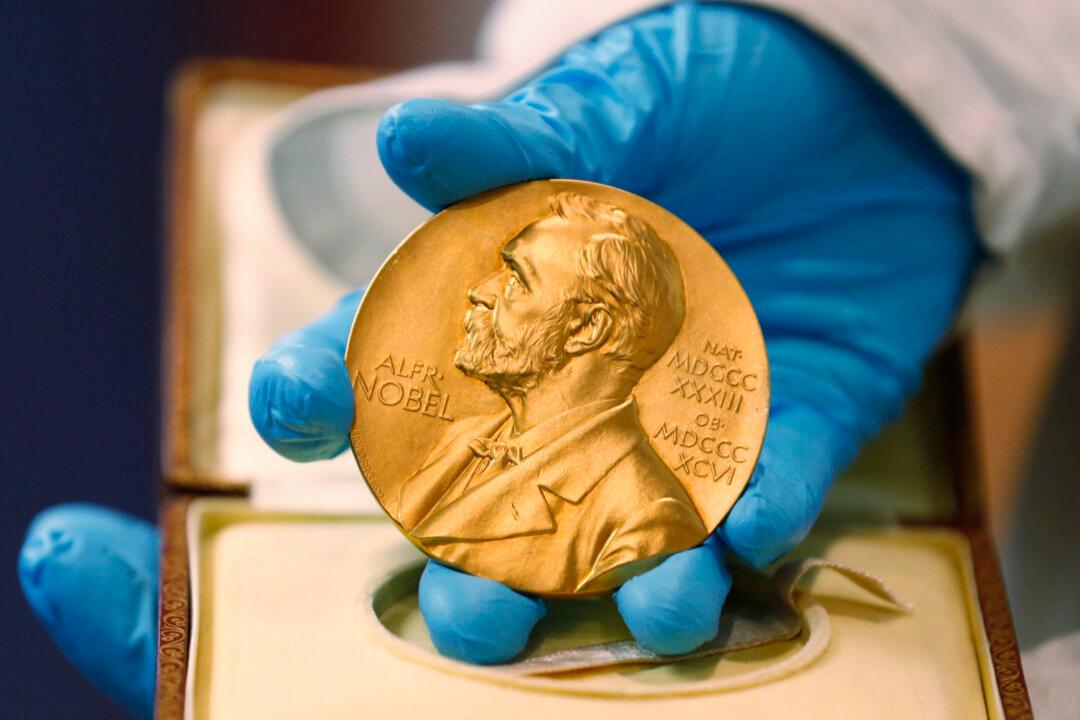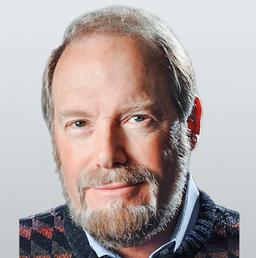On Nov. 20 President Trump’s trade advisor, Robert Lighthizer, issued an exhaustive report on China’s efforts to beg, borrow, and steal U.S. intellectual property.
Eleven days later, on Dec. 1, Stanford University Professor Zhang Shoucheng, who had been collaborating with the Beijing regime’s drive to dominate hi-tech under its “Made in China 2025” plan, killed himself.





